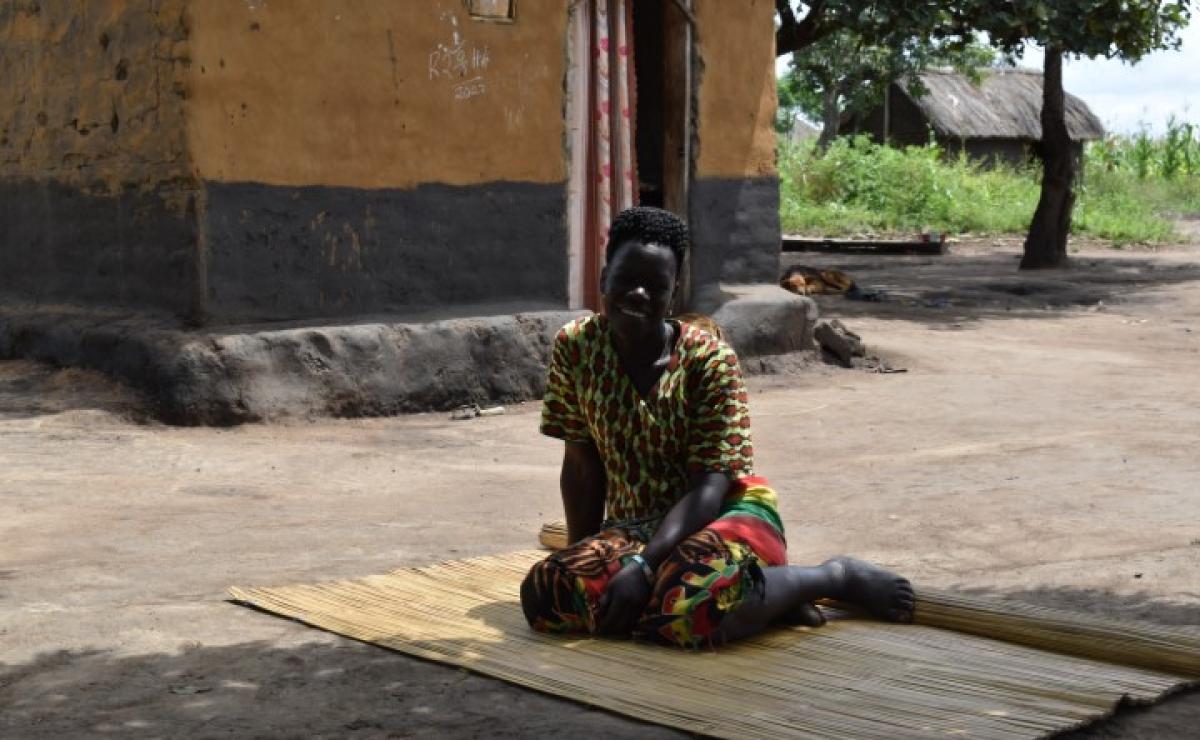Overcoming depression: Community mental health services help patients

Abalo’s story is not different from that of other refugees who pass through traumatic experiences of torture, sexual assault and witnessing the death of family members on their way to Uganda. This irritation combined with the challenges in the new environment in Palabek settlement, where she settled in 2017, triggered the depression.
“I slept most of the time,” Abalo recollects, telling herself she was 'just bored’. Thus, it took time for the mother of five to realise she was mentally unwell until mid-2021 when the depression symptoms worsened and she could hardly carry-on normal duties, including taking care of her children.
“The community change activists trained to work for the health and well-being of the community identified me through friends," Abalo narrates.
The Reconnecting Lives, Vision, and Empowerment (ReLiVE) project, identifies the community leaders, including mental health ambassadors and activists to provide psychological first aid and access to essential interventions like counselling and identifying refugees with signs of distress.
“The team assessed and diagnosed me with severe depression,” Abalo says this was her start of her recovery process. “I feel happy and hopeful again,” Abalo adds. Through individual and grouped supportive counselling coupled with regular home visits, Abalo notes that the community based psychosocial therapists helped her realise that withdrawing from the society and allowing self-pity made her feel worse.
“Slowly by slowly, I started to see slight improvement in my mental wellbeing as the symptoms subsided, “she explains with a wide smile. Through counselling, Abalo says she has changed her attitude and adopted a positive outlook for the future.
She has built a routine lifestyle where I engage in farming and other activities which I like most that the psychosocial volunteers have since rated her condition to be mild.
Abalo says: “ I am a completely different person as a result, and I can manage the stress not to affect my day-to-day life”.
“If we all talk about our mental health, we shall break the stigma and help others to become more aware of the onset of mental health problems and seek help when they see the symptoms” She shares
The project uses locally available resources and capacities of refugees using the skills obtained to support others. The engagement of community members in vocational and non-vocationalvskills also builds the intervention resilience and promote positive coping mechanism.
-END-

